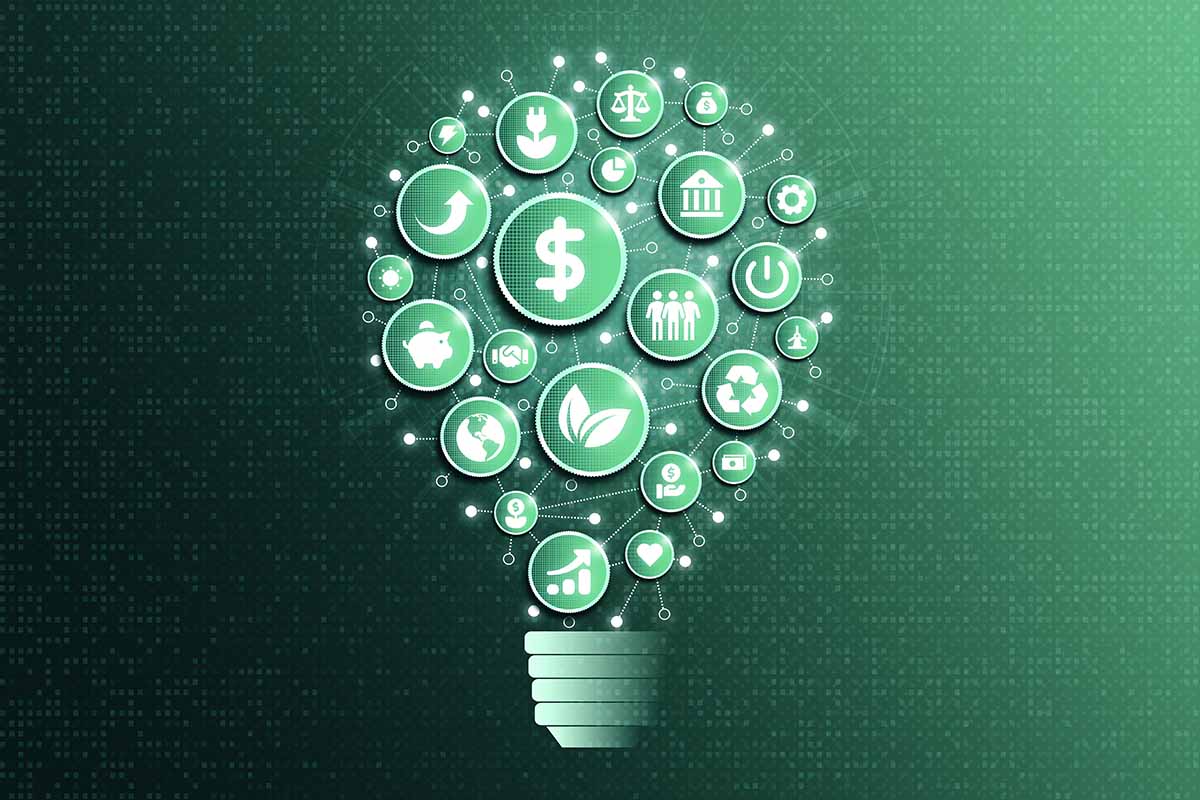
In its 2023 Sustainability Report, Berry Global noted that it increased its post-consumer recycled resin purchases to 3.6% of all resin purchases, compared to 3.4% in 2022. | Artemis Diana/Shutterstock
Global packaging producer Berry Global used slightly more post-consumer resin in its products in 2023 and increased the amount of post-industrial resin and bioplastic it uses, reaching for 2025 and 2030 goalposts.
In its 2023 Sustainability Report, the company noted that it increased its post-consumer recycled resin purchases to 3.6% of all resin purchases, compared to 3.4% in 2022. Its goal is to hit 10% by 2025.
Looking at its overall “circular resin” purchases, which includes post-consumer resin, post-industrial resin and bioplastics, Berry hit 9.7%, up from 9.2% in 2022. Most of that is post-industrial resin. Its goal is 30% by 2030.
In 2023, about 86% of Berry’s packaging was reusable, recyclable or compostable, the report added, up from 83% in 2022, and its goal is to hit 100% by 2025.
Kevin Kwilinski, CEO of Berry Global, said in a press release that “whether across the products we design and develop, our operations or how we engage with others, our results are deeply rooted in meeting customer needs by delivering on the many benefits of packaging in a way that accelerates the transition to a circular, net-zero economy.”
Berry has the capacity to recycle 160,000 metric tons of post-consumer plastics and post-industrial plastics annually. In 2023, it developed a PCR Due Diligence Program to standardize its acceptance criteria for PCR suppliers.
“Our recycling operations have grown through strategic acquisitions of existing infrastructure, equipment upgrades and the development of new recycling facilities,” the report stated. “This enables us to integrate circularity into our business model and gives us access to a reliable source of recycled content, reducing our dependence on virgin, fossil-based resin and helping us support our customers’ sustainability goals.”
Berry also opened a recycling facility in the United Kingdom that uses the company’s proprietary CleanStream recycling technology to mechanically process domestically recovered household polypropylene back into contact-sensitive packaging.

